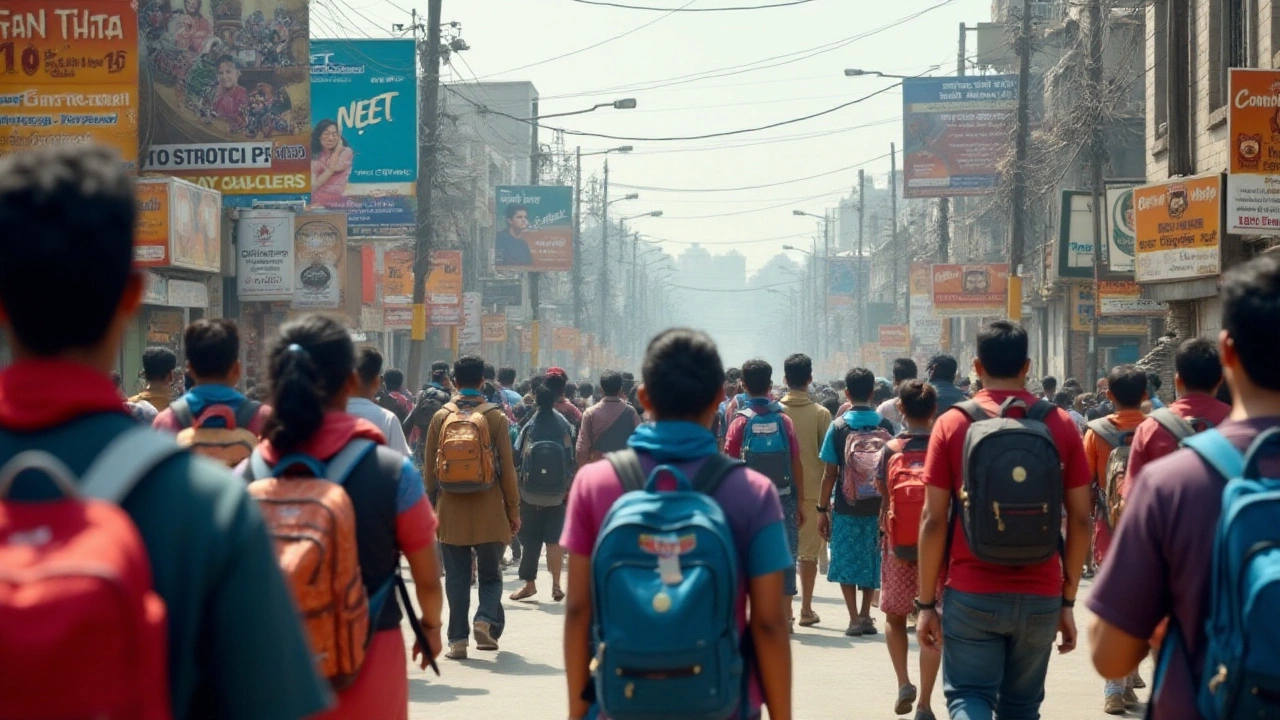Best Cities – How to Pick the Right One for You
Looking for a place that fits your lifestyle, career goals or study plans? You’re not alone. Everyone asks the same thing: which city is actually the best for me? The answer depends on what matters most to you – jobs, safety, cost of living, education, or just the vibe.
What Makes a City "Best"?
There’s no magic formula, but most experts agree on a handful of criteria. First, job opportunities. Cities with strong tech, finance or healthcare hubs usually pay higher salaries and offer more growth. Second, cost of living. A high salary means little if rent eats it all up. Third, education. If you’re a student or parent, look at the quality of schools and nearby universities. Fourth, safety and health services – you’ll feel better knowing you’re in a low‑crime area with good hospitals. Finally, lifestyle. Do you love nightlife, green spaces, cultural events, or a quiet suburban feel? Rank these factors for yourself and you’ll narrow the list fast.
Top Cities to Consider in 2025
Based on the latest data, these cities consistently score high across most categories:
1. Bangalore, India – Known as the "Silicon Valley of India," it offers booming tech jobs, many top universities and a relatively moderate cost of living compared to Delhi or Mumbai.
2. Toronto, Canada – Strong job market, multicultural vibe, excellent public schools and a high safety rating. Housing is pricey, but many find the quality of life worth it.
3. Austin, USA – Fast‑growing tech scene, lower living costs than other US tech hubs, and a vibrant music and food culture.
4. Munich, Germany – High salaries, world‑class engineering schools, and well‑planned public transport. It’s one of the safest cities in Europe.
5. Singapore – Consistently ranked for safety, clean environment, and top‑tier education. It’s expensive, but the infrastructure and job prospects are excellent for expats.
These picks are just a starting point. Your personal ranking might push a smaller city like Pune or Halifax to the top if you value lower crowd density or lower rent.
When you compare cities, use a simple spreadsheet. List each factor, give it a weight (for example, 30% job market, 20% cost, 20% education, 15% safety, 15% lifestyle) and score each city from 1‑10. Multiply and add – the highest total wins for you.
Remember, no city is perfect. Even the best-ranked places have downsides – traffic in Bangalore, cold winters in Munich, high rent in Toronto. Accepting a few trade‑offs keeps the decision realistic.
If you’re a student, check out articles like "Best Countries to Study Abroad" and "Best Boards for Aspiring Doctors" on Scholars Hub Official. They give context on how education quality ties into city rankings. For job‑seekers, the "Top Careers in Demand" and "Highest‑Paid Vocational Jobs" posts show which industries flourish in each city.
Bottom line: pick the city that aligns with your top three priorities. Use data, but trust your gut on the vibe. The right city can boost your career, education and happiness – it’s worth a little homework.
